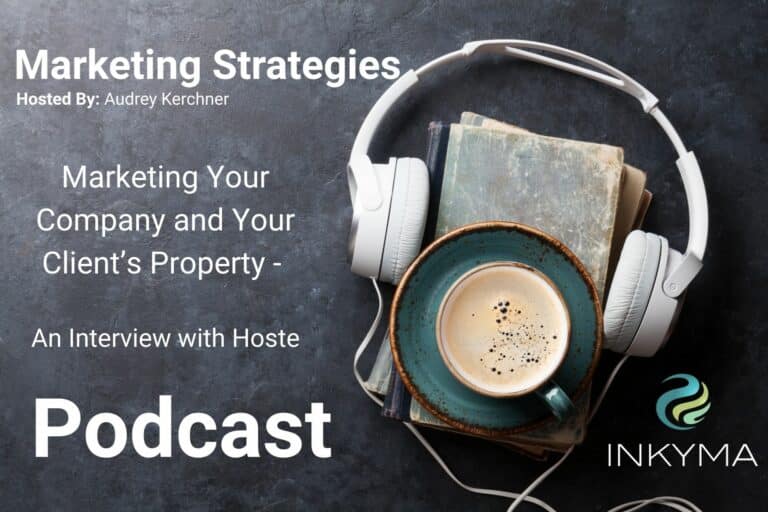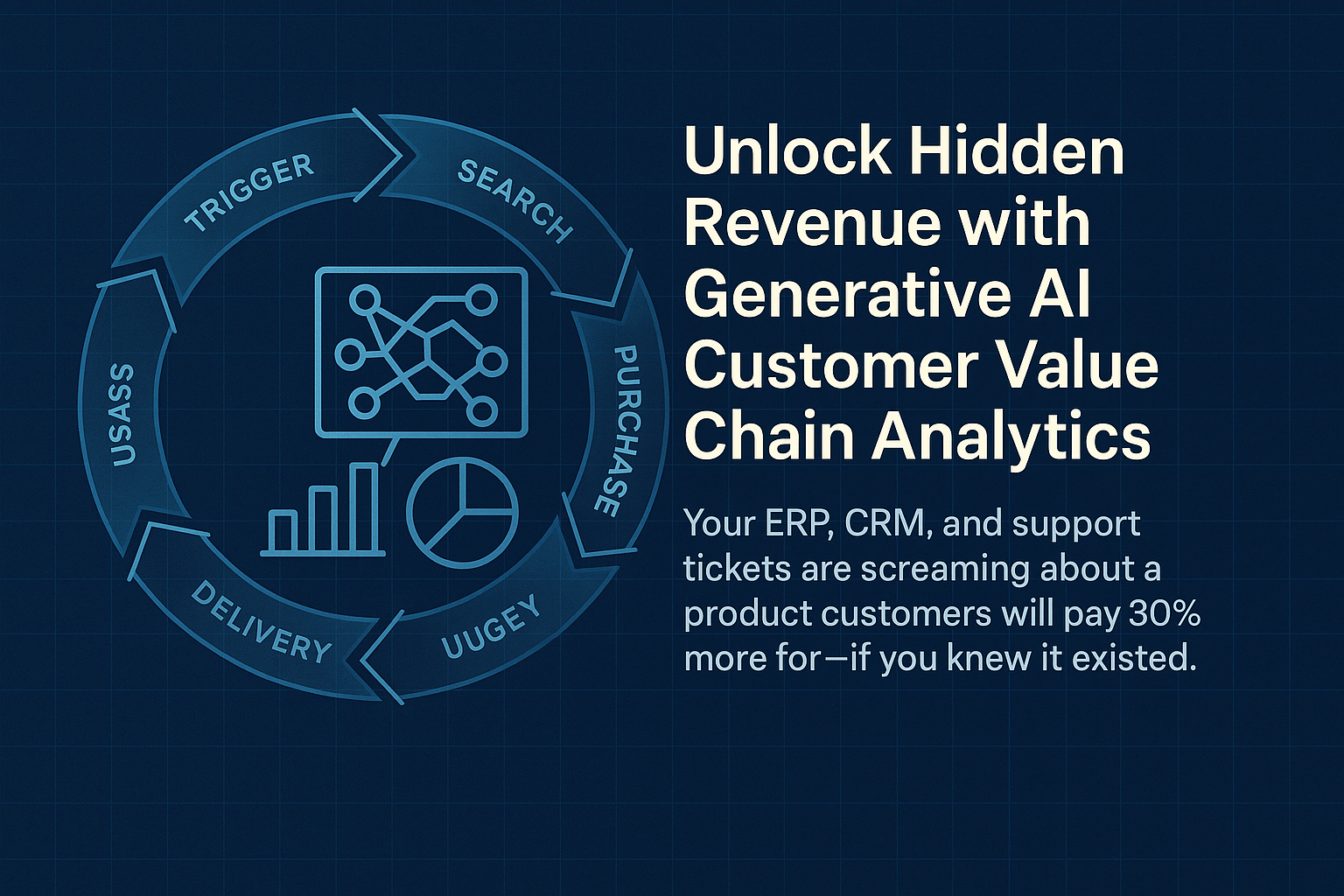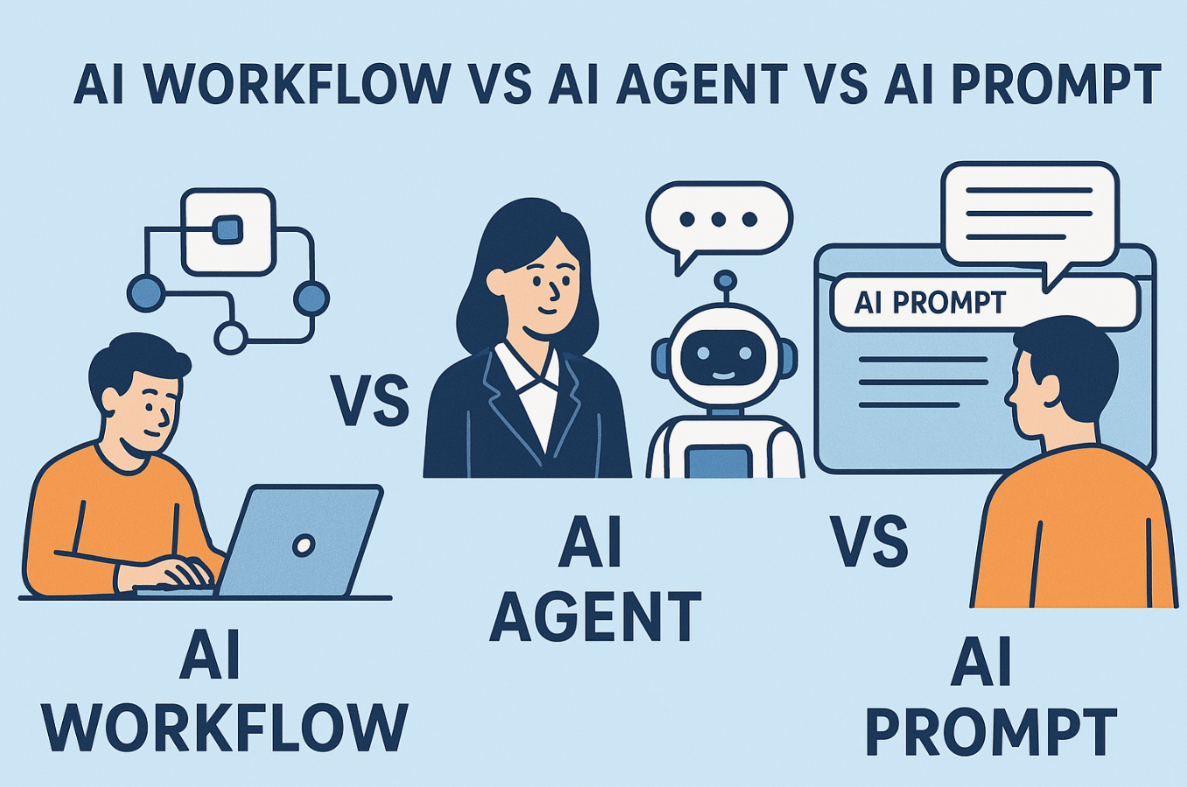On this episode we take a deep dive interviewing Kilian Gordan and Craig Kallian, Business Development Managers with Hoste, as they discuss not only how they market themselves but how they are navigating the short-term and long-term rental marketing space for their customers’ properties.
Links Mentioned In This Episode
Link to https://iamhoste.com/
Link to SEO Podcast episode
Marketing Your Company and Your Client’s Property Transcript
Audrey Kerchner:
Hi there and welcome. I’m Audrey Kerchner, Co-Founder and Chief Marketing Strategist here at Inkyma. Inkyma is a full service marketing agency. We bring that big agency process and feel to small business owners. We do marketing strategy, branding, website design and hosting, content marketing, search engine optimization, social media, and digital advertising. To learn more about what we do, ask us a question, schedule a marketing evaluation for your business, go to our website at inkyma.com. That’s I-N-K-Y-M-A.com.
Audrey Kerchner:
So if this is your first time listening, welcome. If you’ve listened to us before, welcome back. We have a lot of episodes and a lot of different marketing topics and you can listen to us on any of your favorite podcast platforms, including Podbean, Spotify, Amazon Music, Audible. And of course you can always go to our website, all the episodes are up there, including all of the show notes and transcriptions of the show. So today we have some guests. I love doing interviews with guests. And we have Craig Kallian and Kilian Gordan. They work for Hostē. So I’m going to let them introduce themselves and tell us who Hostē is.
Kilian Gordan:
Sure. My is Kilian Gordan, I’m the Senior Business Development Manager for Hostē and Hostē is a turnkey short-term rental property management solution.
Craig Kallian:
Yeah, I’m Craig Kallian. I am also Business Development and I’ve been on board here with Hostē since May. And it’s been something that I’ve been fortunate enough to watch grow throughout the years and super excited to help it.
Audrey Kerchner:
It’s really an interesting concept. Talk a little bit more about what a turnkey short-term rental is.
Kilian Gordan:
Sure. So real quickly, drilling in on the definition of what a short-term rental is. So a short-term rental is a home that you host guests into for 29 days or less. Airbnbs, Vrbos those are online booking platforms, but a lot of people commonly refer to short-term rentals as Airbnbs.
Kilian Gordan:
So a turnkey short-term rental management solution would be a property management company that can come in and can take care of everything from the property care aspect to the guest experience from the turn-arounds, the cleans, the check-ins, the guest communications, the emergency situations, everything down from stocking the home to waving goodbye as that guest checks out.
Kilian Gordan:
As cliche as it sounds, a turnkey short-term rental property management solution would be a solution where the owner could completely step away from the home and enjoy the revenue that short-term rentals produce.
Audrey Kerchner:
See, that’s what I think is key. So you work with just homeowners, everyday people. It’s not their day job to manage properties or to own them.
Craig Kallian:
No.
Audrey Kerchner:
… But they can actually still get the revenue come in from that property.
Kilian Gordan:
Absolutely.
Audrey Kerchner:
And I guess they don’t even have to live in the same state, do they?
Craig Kallian:
Absolutely not. And, I mean, one of the things that we often say is, it’s kind of a hybrid between hospitality, your hotel industry, and then long-term property management. So it’s kind of a new territory that I think we’re setting the professional standard for.
Kilian Gordan:
Sure. And Craig’s actually working with a gentleman right now from North Carolina. So a lot of these owners are within an hour of everyone in Colorado Springs, but a lot of our owners are either outside of Colorado Springs or even in different states. And we have three, four owners that also live overseas. These are either professors that teach overseas or these are active military members who have been deployed overseas from Colorado Springs.
Audrey Kerchner:
And that makes so much sense because we have the different bases in the area. And they buy homes and they don’t want to keep buying and selling homes. So I think it’s a great concept when my family and I, many, many years ago, we kind of started ditching hotels and trying to find homes to stay in even before Airbnb got really popular. Just because you don’t want to be on top of each other inside of a hotel room for a week.
Kilian Gordan:
No. There’s only so many trips you can go on with four to five people in two queen-sized beds in one hotel room.
Craig Kallian:
I slept on a pull-out couch this weekend in a hotel room and I am still recovering from that, so.
Audrey Kerchner:
See? That’s where friends start to fight-when someone has to sleep on a pullout couch. So tell me, how did you guys get into this industry? Because it’s really fascinating and it is, I think it’s a cutting edge industry because, it’s been around a while, but it’s not mainstream. Not everybody’s like, oh, I’m going to go stay at an Airbnb. It’s not like hotels.
Kilian Gordan:
It’s been a relatively fragmented industry until the last couple of years in general. I got into it, I’d say two-and-a-half, coming up three years now, Evan and Philip Wilburn own Hostē. They’re two Air Force veterans here in Colorado Springs. And they got started about four years ago, doing short-term rentals out of their basement. A lot of people, just like Airbnb, kind of got started with the couch-surfing mentality, shared space.
Kilian Gordan:
They were doing it out of their basement, working full-time and enjoyed the revenue, enjoyed the money, but didn’t have the time. So they went looking for short-term rental management services. There really wasn’t anything out there in Colorado Springs in 2016. And so they just took it upon themselves to start. I had been friends with them for a bit and I was in medical sales, just doing my thing. And they were kind of always in my ear about it. And so about two years ago, I joined the team and it’s been a wild, fun ride ever since.
Craig Kallian:
I mean, for me, I did long-term property management for five years and I learned a lot in it. I, well, mainly learned long-term property management was not what I wanted to do for the rest of my life. So the skills I had from there were great to transfer to short-term rentals because there’s a lot of the same aspects of it.
Craig Kallian:
And I quit long-term property management and did business development for a construction company for a while and then kind of the same thing as Kilian, and well Kilian was in my ear too. So they’re all just kind of in my ear like, “Hey, when are you going to come on board? When are you going to come on board?” And it just, the stars aligned. And I made the jump and, happy I did, because it is property management, nonetheless, but it’s, I mean, frankly, just a better version of property management.
Audrey Kerchner:
So the one thing that I’m intrigued by a company like Hostē is you’ve got two sides of marketing; you have where you’re marketing Hostē to the property owners, but then you also have to support the property owners and market to those that want to stay in it. So let’s talk about Hostē first. How do you guys, how do you guys find clients?
Kilian Gordan:
Sure. I’d like to think of it as Hostē is owner-centric and guest-focused. So everything we do has the guest experience, the guest focused in mind, we’re marketing, we’re getting the homes in front of the guests so that they book it. But at the end of the day too, we have to be owner-centric. That’s essentially another client of ours that we take care of. So we’ve got the owner management side of things and also the guest experience and the advertising of the home side of things. So it’s a little bit of a balance. We take these homes and we use a technology stack that we’ve built out to push these homes out on about 50 different booking websites.
Kilian Gordan:
So Airbnb, Vrbo, HomeAway- those are your traditional ones, household names. You’re starting to see even Google has short-term rental booking platforms now, but hotels.com, Expedia, TripAdvisor. The list goes on and on and a lot of those have sister umbrella websites or subsidiaries of each other.
Kilian Gordan:
So you can start finding these short-term rentals on, on many, many different websites now. Airbnb.com of course, is the lion’s share of the market, as we speak. They’ve got their plus and minuses. Vrbo might be on their heels. Vrbo is doing a wonderful job of getting their marketing out of there.
Kilian Gordan:
You could look at each one of these booking websites as almost its own little marketing branch of an individual home that Hostē manages. So we’ve got our marketing team on the back-end doing AB testing with pictures on the listings, looking at, we collect tons and tons of data. We have three, four thousand guests a month and we can start collecting data on who they are, why they’re traveling, why’d they pick that home, what’s the demographic of that traveler?
Kilian Gordan:
And so we can begin putting your two bedroom homes or your one bedroom homes in front of the people who are looking for those. We can start putting our cabin, our Woodland Park, our Cascade homes, our Monument Palmer Lake cabins in front of the type of guests or that guest avatar that would be more likely to book that home than just allowing it to go up on Airbnb.
Kilian Gordan:
And so you’ve got, getting long-winded here, but you’ve got these websites doing your marketing for you. And then on the back-end, we’re doing a lot of our own internal AB testing and optimization for the data we’re gathering. So that’s our marketing to the guests. And then on the back-end, fortunately right now it’s been mainly word of mouth and doing, our SEO short-term rental management for the Colorado Springs area, et cetera, some more targeted zip code, targeted marketing, but we’ve been blessed that we just stepped up and there was a big need in the market.
Craig Kallian:
And I think with the target marketing, the geomarketing, I think that’s going to be a huge thing as we grow. One of the things that we’re experiencing right now is, I mean, tremendous growth in the Colorado Springs area. And then establishing too, your Woodland Park and westward, we can set our parameters to that. Like, “Hey, let’s focus on there, the Woodland Park,” part and parcel to that is finding infrastructure out there. So, I mean, we got the target marketing, but then we have to make sure that the cart’s not ahead of the horse in that sense.
Kilian Gordan:
Yeah. It’s certainly is a game of inchworms. So as soon as we started pushing marketing for management services up north, towards the Denver area, we got inundated with leads from that area, people looking for help. And we almost had to step back and say, wait a second, maybe we put the cart before the horse here, and we need some more brick and mortar, some more infrastructure for those areas-the Douglas County, the South Denver areas, Castle Rock.
Craig Kallian:
Great problem to have. But you know, we also don’t want to dilute the product or service that we are striving to deliver.
Audrey Kerchner:
Absolutely. It has to be a balance. You got to have the inventory before you market it, but you got to market it to be able to keep the people that you just hired on.
Kilian Gordan:
We keep trying to stick our hand in the cookie jar. We get it slapped.
Audrey Kerchner:
Well. And you know what? Most companies growing slowly is a better, less anxiety, less stressful option than growing exceedingly fast because there’s growing pains. And tough. They’re horrible. I love to hear that you’re doing AB testing and now I’m inspired that I’m going to do a whole episode on what AB testing is because I just picture people in their car, driving, listening, going, what is AB testing? So why don’t you talk a little bit about how you do AB testing and then I can extrapolate on that in another episode. So don’t worry it’s coming folks.
Kilian Gordan:
So we’ve got a superb marketing team, but [inaudible 00:11:05] by the name is Jorge, he’s in Arizona. He’s moving out to Colorado here shortly to join us locally, but I don’t want to sell him short for what he’s doing, but I’ll give it my best stab.
Kilian Gordan:
So the most basic example for AB testing is let’s say we’ve got a home with a pool table and then another, and another photo of a hot tub. We’re going to be taking those two photos from that home. And we’re going to be playing with where they sit on the listing when the guest is looking for that listing online. So are we seeing, are more people are clicking on images of hot tubs? Are we clicking, are we seeing people click on more images of a wooded cabin experience? Are we seeing people clicking on homes that have a shot of the downtown area?
Kilian Gordan:
So it’s, it’s putting two options in front of people and seeing which one is most chosen and then inserting a different variable in there. So, AB okay, A is more frequently clicked. Let’s see how it compares up against another type of picture. And it just kind of this back and forth of, of seeing, what bait do you put on your hook to get a fish?
Audrey Kerchner:
You know what, that’s a great way of putting it. And you can even deep dive into that further, but you should always just test one thing at a time. So it’s like two pictures compared, or if you’ve got a title or a header, right? You can test those and see if the title of the home, changing it to this, gets them to click on it more.
Audrey Kerchner:
Now I’m curious with things like Airbnb and Vrbo, because it’s almost like you’re putting your stall out in a marketplace, right? That’s really what these things are. Are you branding any of that to Hostē so that you can be an up-and-coming brand as well? So if they know they’ve clicked on a Hostē home, they know they’ve got quality, that kind of thing.
Kilian Gordan:
Absolutely. So we have an onboarding process that every home goes to and we have a standard that at, we have a safety inspection and maintenance inspection, utility inspection and onboarding. So there’s a bit of a standard, there’s more than a bit of a standard of the type of homes that Hostē is willing to bring on and then manage. Not every home would make a good short-term rental. And just because it was a good long-term doesn’t mean it would make a good short-term rental.
Craig Kallian:
So in the onboarding process, we [crosstalk 00:13:19] want to set the home up. It’s about 160 point inspection. We’ll go through and take pictures of everything from your silverware to your plungers. And we just want to make sure that home is set up, the top most success, and to do that, we had to go through it with a fine pick comb.
Craig Kallian:
And, once we list it on our sites, we put “Proudly Managed by Hostē.” We want people to, guests even to look and like, “Oh, that’s a Hostē home. Everything’s going to be stocked there. I don’t have to worry about not having toilet paper or just the basic essentials,” that, I mean, I think everyone has probably a horror story from a short-term rental. I know I have a few, they weren’t Hostē homes, but we want to have that Hostē brand there. So when people see it, that’s another filter maybe that they look for like, “Hey, that’s Hostē, I’m going to be good. It’s going to be a great experience.”
Kilian Gordan:
And this is a conversation we have been having internally. So we do a startup fee, but we’re thinking about changing that to just an on-branding fee because we’re going to come in, we’re going to install Trio soap dispensers, just like you see in Lifetime Fitness, we’re providing all the linens and towels. So there’s a standard set forth for that. There’s not mismatched linens and towels. We’re going to come in, we have set stocking lists and stocking supplies.
Kilian Gordan:
So whenever someone checks into a Hostē home, like Craig mentioned, there’s a set amount of supplies and people know what they’re, what they’re getting. We have our own lock management systems, our own smart hubs that we’re going to come in and install and all these different processes, because you have, you have a dynamic inventory, a hotel has 300 units of the exact same unit, apartment complex, all the same.
Kilian Gordan:
In the short-term rental industry, we have a very dynamic inventory. So every single home is different, but it still has to be onboarded to the same Hostē branding, the same Hostē processes. So as we’ve moved further along, and we have been collecting more data from our jet booking website. So of course you can book a home on Vrbo, HomeAway, but you also have a Hostē’s direct booking website and year over year, we’ve slowly seen the amount of bookings increase that come directly.
Kilian Gordan:
And that tends to be from repeat business because people know that there’s a set standard, they know when they’re going to get their check-in instructions. They know it’s going to be based off the last four digits of their phone number. It’s automatically programmed before they show up. They know they’ve got 24-hour support. They know they can, they can get what they need basically on a whim or have any of their issues taken care of at any time of the night for the most part.
Kilian Gordan:
We’ll triage the situations, but we’ll also put, recently we rolled out tablets. So guest checks into the tablet. They can book Hostē experiences, which is a whole other branch of Hostē, which really is like, encompasses with the Hostē brand, the Hostē experience that we’re bringing to guests. We’ve got a five-star chef on service with us, shout out to Bahn, a wonderful man.
Kilian Gordan:
So he is, when guests book a Hostē home, they can book yoga experiences, [inaudible 00:16:12] come in to do wine tasting, shout out to Bailey, a five-star chef experience, whatever it may be. So we’re taking this hospitality, this concierged experience all across Colorado Springs and making a standard and professionalizing the industry, which also is why it’s not too hard just to jump to the next town and then the next town.
Audrey Kerchner:
Right? Yeah. I could see where you could expand. I want to go back to what you had talked about, where it kind of ties into that whole conversation we’re having about, “How do you differentiate yourself to the property owners?” Because they’re like, well, why can’t I just do it myself? You’re leading them through a process of, “We can get your property from Point A to Point B so that people will make it more desirable.” And you’re giving them that checklist, that whole onboarding.
Kilian Gordan:
Everything we do hinges around that on-branding process. If, as callous as that may sound, if someone’s not willing to on-brand with Hostē how we need it, the numbers we talk about, the guest experience we talk about, the success of the home, the longevity of the listing, really all hinges around how’s that home on-branded to the Hostē brand.
Kilian Gordan:
Tesla’s done some extremely innovative things in a hundred, hundred-year-old industry. He took the car industry and flipped it on its head. We see that vision for Hostē. We see the ability to come into homes and take what used to be kind of a fragmented, scattered hobby side business for a lot of people, which turns out to be a full-time business when you really dive into it and innovate that and create this guest experience that, we’ve talked about having like Marriott points, but Hostē points. So guests who continue to come back, know what they’re expecting and know that they’re going to get that concierged experience.
Audrey Kerchner:
And what’s wonderful is each location is unique. So it’s not ticky-tack. It’s not the same across the board. So let me ask you a question is, if you have a potential customer and they’re not willing to do the on-brand hosting, Hostē things that need to be done, do you say thank you, but have a nice life, or do you still try to take them?
Kilian Gordan:
We listen to a lot of Chris Voss so we-
Craig Kallian:
Skilled negotiators.
Kilian Gordan:
And that’s a great question.
Craig Kallian:
So I mean, we strongly encourage, strongly recommend, and we can only do that so much. So I mean, if we have a homeowner who just taking every, hearing us, but not executing anything, that’s where we would have to have that conversation. Like, “Hey, like we have this standard, we have these processes that are tested and they work.” And if you’re not willing to do that, I might be able to recommend some other management companies that might fit your style of how you want to manage. So, I mean, unfortunately we do have to say no, if people are not willing to kind of, we tested a lot and we know what works and we’ve seen it.
Audrey Kerchner:
Absolutely. And I think that for me is the hallmark of an exceptional company, when they’re willing to turn business away because that doesn’t meet their criteria of where they want to take their business. We all have standards we got to keep to, and if we digress or move away from them, then you know, things start to fall apart.
Kilian Gordan:
And it’s not easy because a lot of times some of these folks have been doing this for 15, 10 years. And what they’re doing is working. It’s wonderful. It’s not wrong. It’s just not, there’s different things that come into play when a professional management company is managing a home-there’s scalability, there’s processes, there’s automation. So it’s challenging to say no to people. Sometimes they’re beautiful homes, but when you have two managers trying to manage a property, the loser at the end of the day is the guest. It’s just not a good start from the beginning.
Audrey Kerchner:
Agreed. Every good business has to have processes. And when you try to work outside of those, it breaks. And then those are the people that are not taken care of the right way. I mean, I do the same thing in my business. If I’ve got a client who wants things that are just outside of our wheelhouse or how we do things, I try to recommend someone else for them because they want a different experience. So I think, like I said, I think it’s great when I hear about companies that do that, that means you’re really committed to the excellence that you’ve researched and homed.
Craig Kallian:
You could argue that our brand or reputation that is our brick and mortar, that’s our product. So I mean, if we are putting bad bricks on our foundation, that’s going to deteriorate our brand.
Audrey Kerchner:
And then on the back end of that, like you said, it’s the person staying in the location that’s going to lose. If you’ve got an outlier and they’re there, they’re going to be like, “What happened? Why is this Hostē location not as good as the five others I’ve been to?” And since word of mouth is your strongest marketing channel for getting new properties, it’s about the brand. It’s like, I know if I have a Hostē home, then I’m going to get bookings.
Craig Kallian:
Well, piggybacking off of that, just recently, we had a guest who was staying in one of our midterm rentals and he loved the idea, was impressed with the home. And he reached out for his own investment opportunities to see what that would look like.
Kilian Gordan:
So that’s actually very common.
Audrey Kerchner:
Yeah. I love that.
Kilian Gordan:
Well, tell her, so what’s the difference between a short-term rental and a midterm rental?
Audrey Kerchner:
There he goes. Now he just took my job. That’s it, I’m going out for coffee.
Craig Kallian:
Midterm rentals. So a chunk of our portfolio is also midterm rentals. So what that is, it’s a corporate furnished rental, 30 day plus. A lot of times we cap them at 185, just to keep it a true midterm rental. So with that, everything on the, it’s seen, I guess, by the county as a long-term rental, even though we do have those stipulations on it.
Craig Kallian:
So, I mean, where you get the business in those, is, your traveling nurses, your internships, John and Jane Doe waiting for their house to be built because it’s 2021 and everything takes forever to be built now. So, that’s where those, I guess, are gaining traction. And especially with this nomad-working style that is becoming more and more prevalent now that people have seen, “Hey, I can take my laptop and, go work on this ranch in the middle of nowhere and just be at peace.”
Audrey Kerchner:
Yeah, definitely that’s me, by the way, my husband and I, we’re becoming, looking into that more nomadic lifestyle, just cause we’ve got family all over the country. It’d be great to spend February and Arizona and then Florida and-
Craig Kallian:
You would love the house that I was onboarding today. It was kind of in your neck of the woods. So the Peyton Black Forest area, and it’s a four bedroom, four bath, huge ranch home. And when you get great internet, great cell signal, so I’ll have to give you some booking info after this.
Audrey Kerchner:
So that was going to be my question for you is about the midterms, so you get the midterm, which is diversification, and I think it’s important for all businesses to have that diversification. So how do you market midterms versus short-term?
Kilian Gordan:
Well, great question. Very similar to a short-term rental. So for the sake of this conversation, a short-term rental and a midterm rental are almost run identical. The big differences are the legalities on the back-end and the accounting processes, two different rules to play by, but the marketing of a corporate rental is very similar.
Kilian Gordan:
There is your furnished finders, your traveling nurse websites, your Zillow, your apartment.com. It’s just online booking websites, but more of the traditional ones that we’re familiar with, where we’d find an apartment or a long-term rental to rent. All those websites play by the real estate rules that 30 plus day rentals fall under.
Kilian Gordan:
So you can still, we are still booking guests in corporate rentals on airbnb.com. And I think we do it on vrbo.com because you can just select calendar length, but it’s primarily, it’s coming over Zillow, apartments.com, and those two in and of themselves have wide networks. So when you put a home up on the apartments.com network that goes across a different, couple of different websites, and same with the zillow.com network and then your traditional Airbnb, Vrbo.
Craig Kallian:
I was going to say with that, as we grow our midterm portfolio, we actually just hired a midterm property manager, a young lady named Colby. And I think with that, it’s going to just roll and grow tremendously, but looking into our referral partners, such as real estate offices and getting relationships with them because they have clients that they’re looking to place while they’re working with them. And at that point we’ll have more homes right now. I think I ran the numbers on just Friday and we were 90% occupied for our midterm rentals, so I mean, the market’s definitely there. And I think as we grow, getting those solid referral partnerships where it’s a win-win for both sides, I think that’ll be a crucial element of it.
Audrey Kerchner:
Believe it or not, we’re almost out of time. As we’re wrapping up, do you have any final thoughts for other business owners that are listening from a marketing perspective when it comes to it? Because you’re sharing a lot of information here that are, that’s applicable across many different industries.
Kilian Gordan:
I think that coming from the business development side of things, especially, I think that in terms of marketing, you should either be looking for someone to talk to your business about, or you should be in front of someone speaking about your business, all other activities. And until you have so much business coming in, you should be spending time, either looking for someone to speak to your business about or you should be in front of someone speaking about your business, if I could boil it down as simple as possible.
Craig Kallian:
Yeah. And I mean, going off of that, I would say in today’s world, your online presence is everything. So, making sure you are putting the right time, resources into that. Cause it’s, I mean, that’s how you find anything nowadays, it’s 2021, everyone goes on their phone and Googles stuff. So I mean, making sure that you are putting the right, I guess resources in the SEO marketing and your website and just making sure everything flows, it’s not clunky. So I’d say like a lot of times in a startup that’s an overlook and you know, that’s how you get to the next level is putting the time and money into those marketing dollars and incorporating your brand into that and building the brand.
Kilian Gordan:
Yeah. Lead with your vision.
Audrey Kerchner:
So if someone wants to talk to you about getting their property with you or finding a rental, what’s the best way to get ahold of you and what’s your website so that you can go directly there and not have to worry about the Airbnbs.
Kilian Gordan:
Yeah, iamhoste.com is our website. You can find our just general office number on there to get ahold of us or you can reach out to us. I believe it’s info@iamhoste.com. It’s on the website as well. But if you do have a place we could leave our direct information-
Audrey Kerchner:
I’m going to put it in the show notes, along with a link to the website and spell Hostē so that people know how it’s spelled.
Kilian Gordan:
Yes. H-O-S-T-E, “hosts stay easy.”
Audrey Kerchner:
Very cool.
Here at Inkyma, we like to give back to the business community. I provide a free 45 minute marketing consultation to any business owner, regardless of what you’re looking for. Maybe you’re looking for a marketing company. Maybe you really need to understand what AB testing is for your business. Just go to my website Inkyma.com, I-N-K-Y-M-A.com and click on the schedule, a marketing valuation button in the upper right-hand corner, pick your time and we are on the schedule. So I hope you found today’s episode informational, inspiring. And if you did, then consider sharing it with your other friends, your business colleagues, anybody that is interested in business and growing their business. Thanks so much for listening and have an amazing day.











